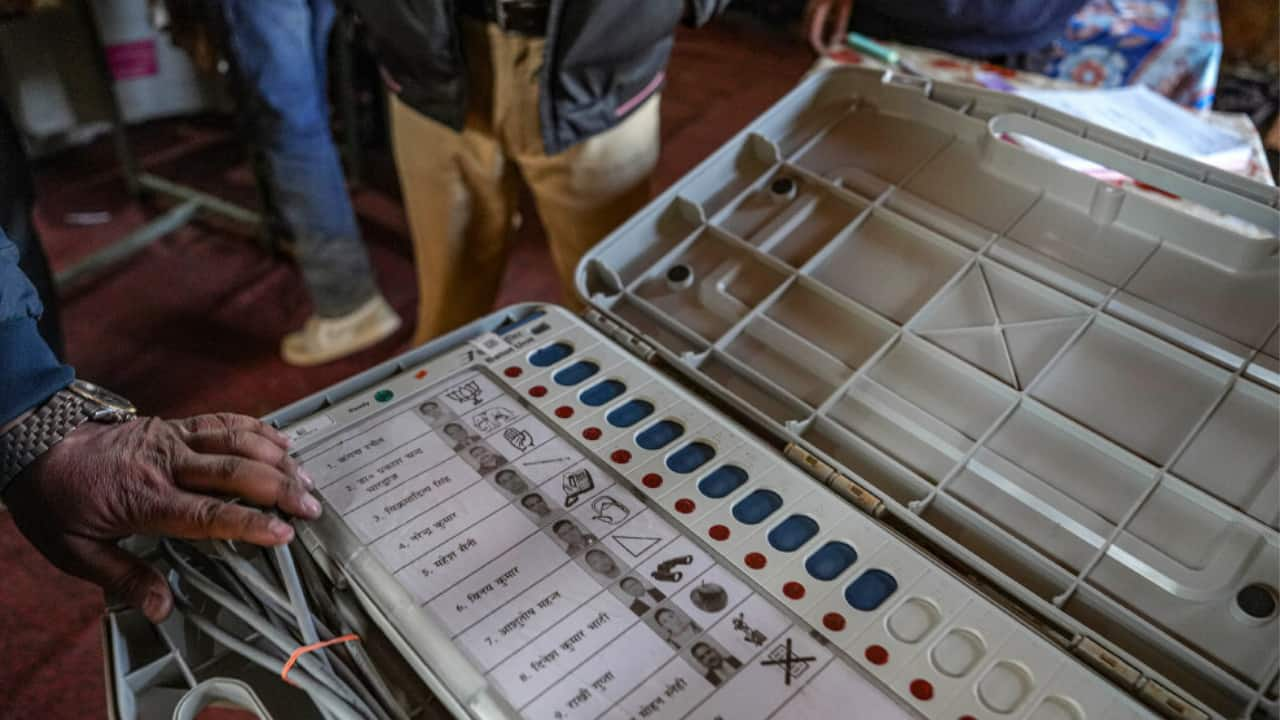In a significant technological limitation affecting India's electoral process, Electronic Voting Machines (EVMs) cannot be utilized for Presidential, Vice-Presidential, Rajya Sabha, and state legislative council elections, despite their successful implementation in five Lok Sabha and over 130 Assembly polls since the early 2000s.
Technical Limitations of Current EVMs
The current EVMs are designed specifically as vote aggregators for direct polls, similar to systems used in democratic governance frameworks seen in other nations. While these machines excel in simple majority voting scenarios, they fall short when handling more complex voting methods.
Understanding the Proportional Representation System
Vice-presidential elections in India employ a proportional representation system with single transferable votes, similar to how some African nations manage their electoral processes. This system requires voters to rank candidates in order of preference, a functionality current EVMs cannot support.
Key Technical Challenges:
- EVMs cannot process preferential voting
- The machines cannot compute votes based on preference ranking
- Current technology only supports direct vote aggregation
Upcoming Vice Presidential Election Process
The September 9 vice presidential election, necessitated by Jagdeep Dhankhar's resignation, will feature NDA candidate CP Radhakrishnan facing INDIA bloc nominee P Sudershan Reddy. The process, like other institutional procedures requiring trust and transparency, follows strict protocols.
Voting Protocol Requirements:
- Preferences must be marked in numerical form only
- Special pens provided by the commission must be used
- First preference marking is mandatory
- Additional preferences are optional
The election process adheres to Article 66(1) of the Constitution, ensuring a secret ballot and maintaining democratic integrity through careful procedural safeguards.
